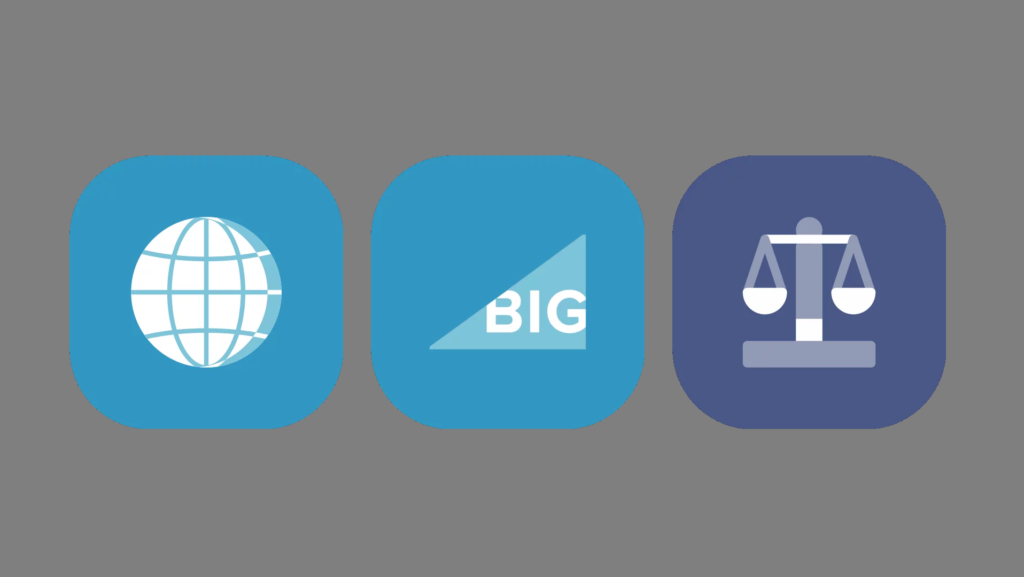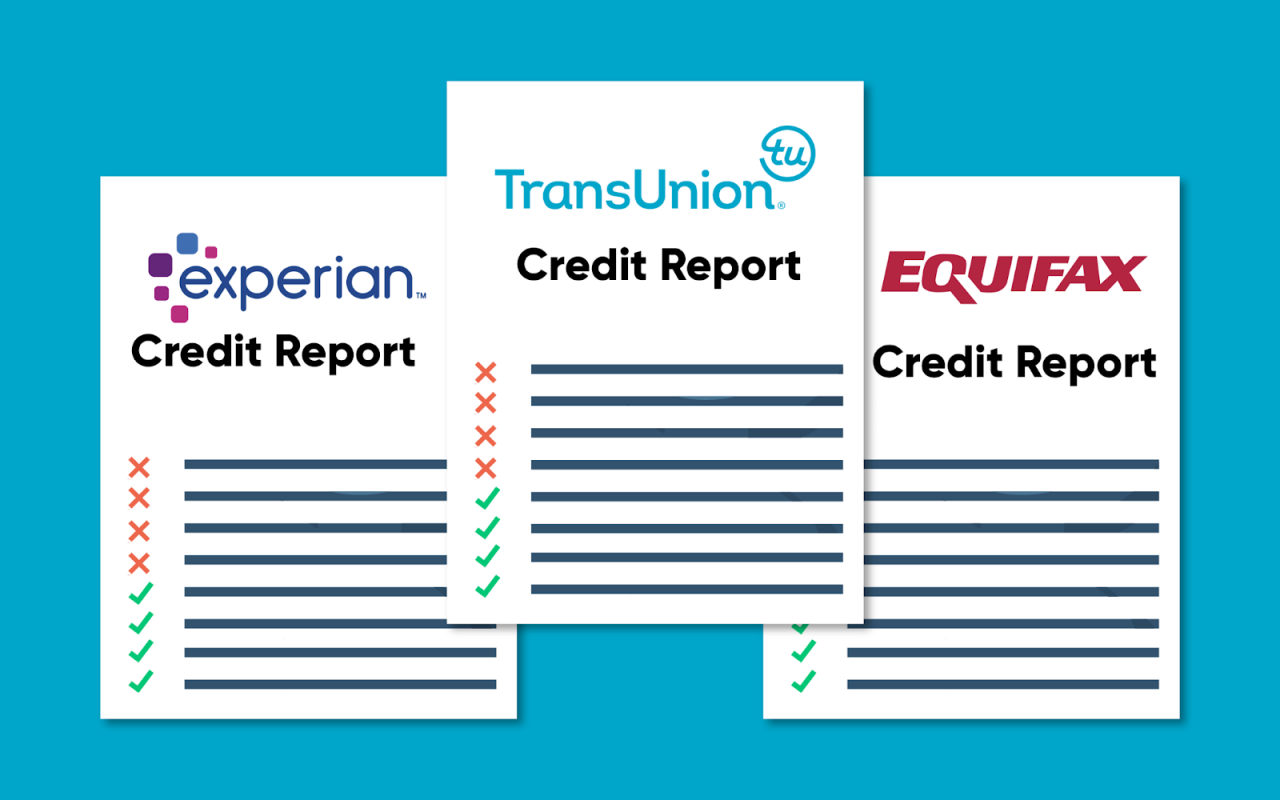In the financial world, credit reporting agencies play a pivotal role in assessing and maintaining an individual’s creditworthiness. These agencies gather and manage data regarding your borrowing habits, payment history, and financial activities to create a credit report. This report is then used by lenders, landlords, employers, and others to assess your financial reliability. In the United States, the three primary credit reporting agencies are Equifax, Experian, and TransUnion. Each plays a significant role in managing credit information and influencing your credit score. Here’s a deeper look at each of these agencies:
1. Equifax
Founded in 1899, Equifax is one of the oldest and most established credit reporting agencies in the world. Headquartered in Atlanta, Georgia, Equifax collects and maintains data on over 800 million consumers and more than 88 million businesses worldwide. Role: Equifax gathers information related to credit accounts, loans, payment histories, and public records such as bankruptcies and liens. When you apply for a loan or credit, Equifax provides lenders with your credit report and credit score. These scores help lenders determine your ability to repay borrowed funds. Specialty: Equifax is known for providing detailed and accurate credit reports to help lenders make informed decisions. Beyond individual credit reporting, it also offers services like fraud detection, credit monitoring, and identity theft protection.2. Experian
Experian, founded in 1996 and based in Dublin, Ireland, is another major player in the credit reporting industry, with operations spanning across 37 countries. In addition to consumer credit reports, Experian also provides financial insights for businesses and organizations. Role: Like Equifax, Experian collects information on credit accounts, payment history, and public records. Its credit reports are used by lenders to assess the risk of lending money to an individual. Experian also plays a key role in offering credit monitoring and identity theft protection services to consumers. Specialty: Experian distinguishes itself with advanced data analytics and innovative tools for both consumers and businesses. It offers free access to credit reports and scores through its platforms, allowing individuals to monitor their credit health closely.3. TransUnion
TransUnion, founded in 1968 and headquartered in Chicago, Illinois, is the youngest of the three major credit bureaus. While it’s smaller in scale compared to Equifax and Experian, TransUnion provides credit reports for millions of consumers worldwide and has a robust presence in over 30 countries. Role: TransUnion gathers and maintains credit information on individuals and businesses, similar to Equifax and Experian. The information collected includes loan details, credit card accounts, payment histories, and public records. TransUnion offers lenders a clear picture of a potential borrower’s financial behavior. Specialty: TransUnion is known for its consumer-centric approach. It offers personalized credit insights, credit score simulators, and educational resources to help individuals understand and improve their credit profiles. Consumers can also freeze their credit reports with TransUnion to prevent unauthorized access during potential identity theft situations.How the Credit Reporting Agencies Work Together
Although Equifax, Experian, and TransUnion are separate entities, they often collect similar data from lenders and creditors. However, your credit report and score may vary between agencies due to differences in the data collection process or the timing of updates. Lenders typically report to one or more agencies, but not all lenders report to all three, which can create slight discrepancies in your credit reports. These agencies use the data they collect to generate a credit score, often using a model such as FICO or VantageScore. Your credit score is a numerical representation of your creditworthiness, based on factors like payment history, credit utilization, length of credit history, new credit, and types of credit used.Why Your Credit Reports Matter
The credit reports generated by Equifax, Experian, and TransUnion have a significant impact on your financial opportunities. Lenders, such as banks or mortgage companies, check your credit report when you apply for loans or credit cards. A strong credit report can help you secure lower interest rates and better loan terms, while a poor credit report may limit your access to credit. Additionally, credit reports are used by landlords to screen tenants, by employers to evaluate potential employees (in some industries), and by insurance companies to determine premiums.Monitoring Your Credit Reports
Given the importance of these credit reports, it’s crucial to monitor them regularly. Under U.S. law, you’re entitled to one free credit report from each agency annually through AnnualCreditReport.com. By reviewing your credit reports, you can check for errors, detect signs of identity theft, and ensure your credit profile accurately reflects your financial history.Conclusion
Equifax, Experian, and TransUnion are the three credit reporting agencies that manage your financial data and influence your credit score. Understanding their roles and regularly monitoring your credit reports from these agencies can help you maintain a healthy credit profile, improve your financial opportunities, and protect yourself from fraud and identity theft.Read more :
1= https://bulkdrchecker.com/blogs/what-are-the-worst-side-effects-of-losartan/
2= https://bulkdrchecker.com/blogs/what-are-the-three-credit-reporting-agencies/
3= https://bulkdrchecker.com/blogs/what-are-the-three-components-of-a-nucleotide/
4= https://bulkdrchecker.com/blogs/what-are-the-the-seven-continents/
5= https://bulkdrchecker.com/blogs/what-are-the-primary-colors/

